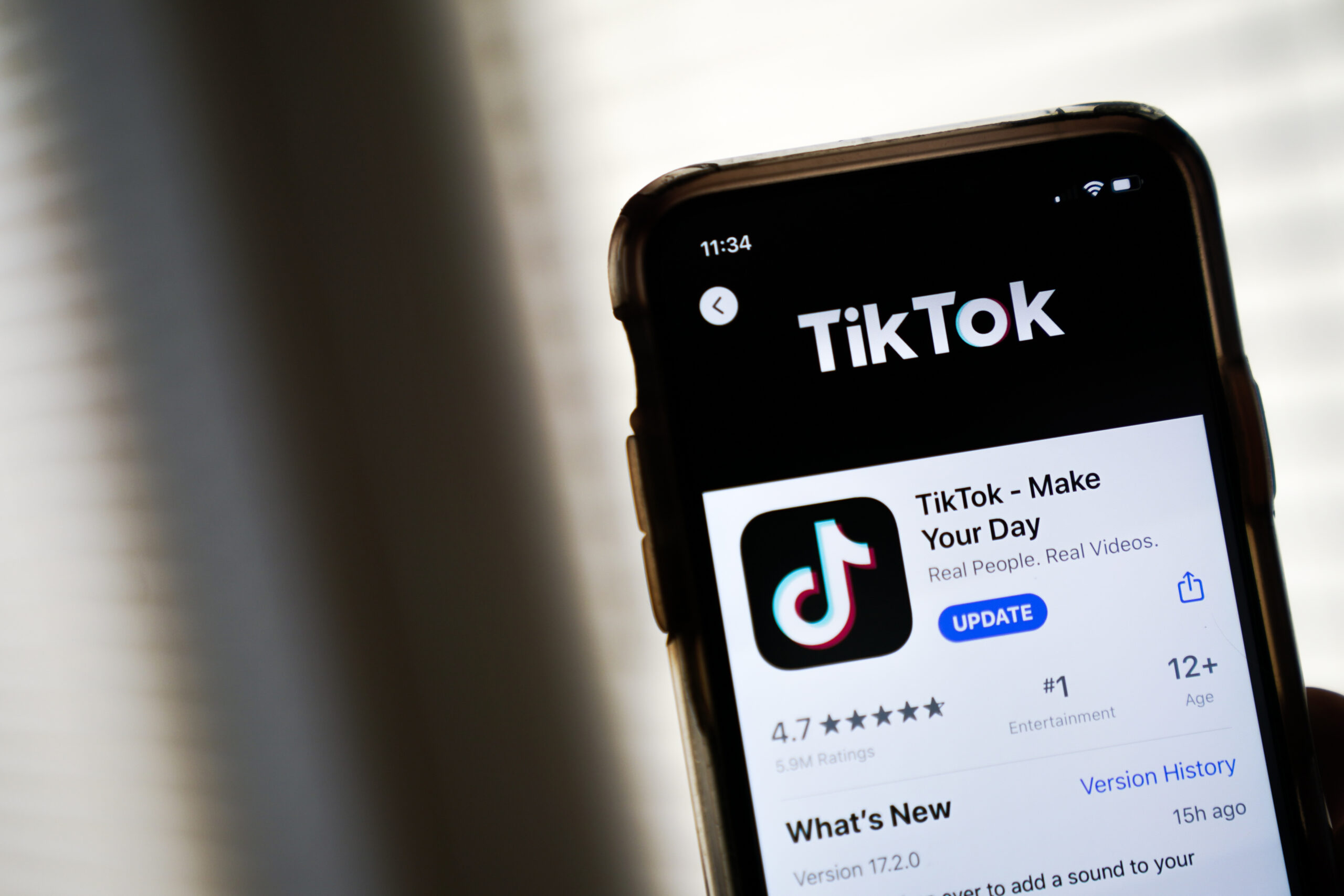Potential Outcomes: Preventing a TikTok Ban Within 9 Months
Recent legislative moves in the U.S. signal potential trouble for TikTok, with a bill that could lead to its ban expected to become law soon. The House gave the nod to the bill over the weekend, as part of a broader foreign aid package, in a contentious 360-58 vote. The legislation demands that China-based owner ByteDance sell the app within 270 days to a buyer not affiliated with foreign adversaries like Russia, China, or Iran, under threat of prohibition. President Joe Biden could extend this period by 90 days if progress toward a sale is observed.
ByteDance and the Chinese government are unlikely to acquiesce to these terms, viewing the proposal as a violation of free speech and detrimental to the economy. ByteDance has vigorously opposed the bill, investing $5 million in ad campaigns against it since mid-March. Additionally, the Chinese government has expressed its reluctance towards a forced sale and would need to approve any such transaction.
TikTok has hinted at potential legal challenges, with CEO Shou Zi Chew affirming the company’s commitment to protecting its platform. The company has a history of legal victories, notably in 2020 when a federal judge blocked former President Donald Trump’s attempt to ban the app.
Although TikTok has faced legal hurdles, some measures to restrict its use have been upheld, such as Texas’ law prohibiting state employees from using the app on state-issued devices.
If the bill becomes law, TikTok would have to be sold within nine months or face prohibition. The Senate, where the legislation enjoys bipartisan support, is expected to take it up next week, with Biden signaling his readiness to sign it.
Critics argue that the bill may not effectively safeguard sensitive data from foreign adversaries, who could still access it through other means. Former President Trump has also voiced opposition, claiming it would benefit Facebook and alleging unfair moderation practices by the social media giant.
The legislation, spearheaded by House Speaker Mike Johnson, aims to address concerns about ByteDance’s ties to the Chinese government and its alleged espionage activities targeting U.S. citizens. Previous attempts to push similar legislation have faced obstacles, but this latest version appears to have gained traction in both the House and the Senate.
Share:
Recent legislative moves in the U.S. signal potential trouble for TikTok, with a bill that could lead to its ban expected to become law soon. The House gave the nod to the bill over the weekend, as part of a broader foreign aid package, in a contentious 360-58 vote. The legislation demands that China-based owner ByteDance sell the app within 270 days to a buyer not affiliated with foreign adversaries like Russia, China, or Iran, under threat of prohibition. President Joe Biden could extend this period by 90 days if progress toward a sale is observed.
ByteDance and the Chinese government are unlikely to acquiesce to these terms, viewing the proposal as a violation of free speech and detrimental to the economy. ByteDance has vigorously opposed the bill, investing $5 million in ad campaigns against it since mid-March. Additionally, the Chinese government has expressed its reluctance towards a forced sale and would need to approve any such transaction.
TikTok has hinted at potential legal challenges, with CEO Shou Zi Chew affirming the company’s commitment to protecting its platform. The company has a history of legal victories, notably in 2020 when a federal judge blocked former President Donald Trump’s attempt to ban the app.
Although TikTok has faced legal hurdles, some measures to restrict its use have been upheld, such as Texas’ law prohibiting state employees from using the app on state-issued devices.
If the bill becomes law, TikTok would have to be sold within nine months or face prohibition. The Senate, where the legislation enjoys bipartisan support, is expected to take it up next week, with Biden signaling his readiness to sign it.
Critics argue that the bill may not effectively safeguard sensitive data from foreign adversaries, who could still access it through other means. Former President Trump has also voiced opposition, claiming it would benefit Facebook and alleging unfair moderation practices by the social media giant.
The legislation, spearheaded by House Speaker Mike Johnson, aims to address concerns about ByteDance’s ties to the Chinese government and its alleged espionage activities targeting U.S. citizens. Previous attempts to push similar legislation have faced obstacles, but this latest version appears to have gained traction in both the House and the Senate.









